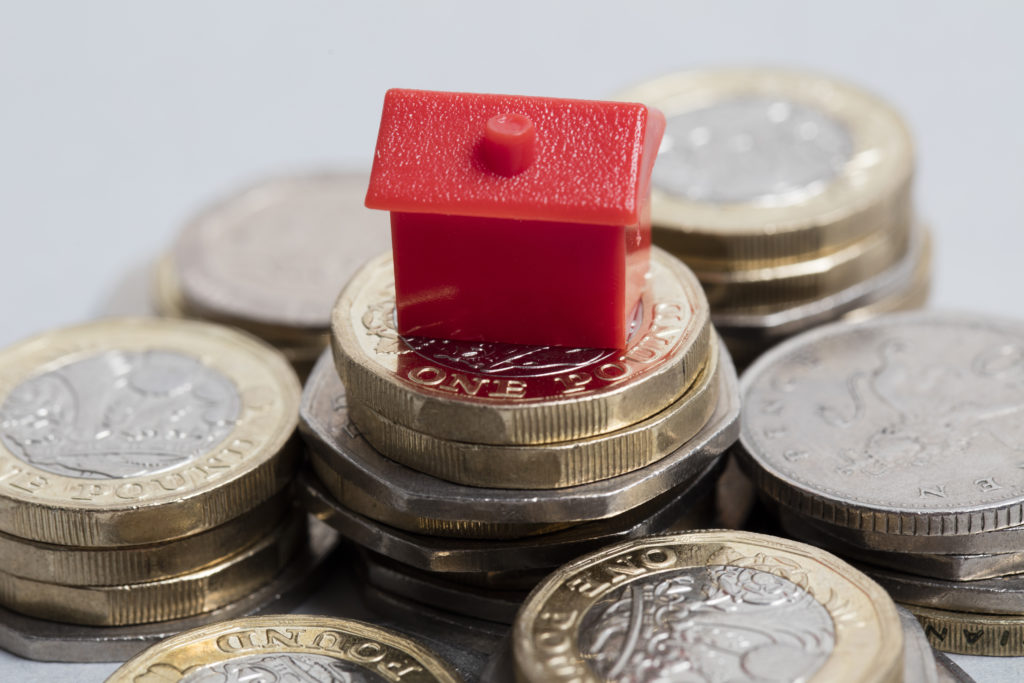
This includes first-time buyer properties, up by £1,328 (+0.6%) month-on-month, and second-stepper properties, up by £975 (+0.3%).
However, a cooling of prices in the upper-end sector, with four or more bedrooms, saw prices dip by £4,699 (-0.8%) in the month, meaning the overall result was a fall in the national average of £1,076 (-0.3%).
This is the first price drop recorded in 2021, driven by the drop in upper-end prices, which Rightmove attributed to the fact that these buyers are no longer able to benefit from larger stamp duty discounts.
Tim Bannister, director of property data at Rightmove, said: “New sellers dropping their asking prices can ring economy alarm bells, especially when it’s the first time so far this year, so it’s important to dig underneath the headline figures.
“Firstly, we are in the holiday season which means that sellers have traditionally tempted distracted buyers with lower prices, though that might well be less applicable this year with many buyers having to stay a lot closer to home.
“Indeed, our analysis shows that average prices have only fallen in the upper-end sector, which is usually more affected by seasonal factors such as the summer holidays and has also seen the greatest withdrawal of stamp duty incentives.
“The mass-market of properties that cater for first-time buyers and second-steppers is still seeing high demand and upwards price pressure leading to new record high average prices in those sectors.
“In England there remains a smaller stamp duty saving of up to £2,500, though the window to take advantage of this saving by buying now and completing by the end of September is pretty much closed.”
Demand in the first week in August was up 56% on the same period in 2019, and down just 17% on the post-lockdown period of 2020; the number of sales agreed was up by 9% on the same period in 2019.
Rightmove has predicted an autumn bounce in both seller activity and prices.
The analysis found that the likelihood of sellers finding a buyer remains at, or close to, an all-time high.
The average time for a newly listed property to be marked sold subject to contract was the quickest ever at 36 days, a month faster than in February 2020, which was the last month before the first lockdown.
However, Rightmove warned that the competition to buy property leaves a high risk of losing out to another buyer. As a result, many sellers are choosing to have a buyer lined up subject to contract before entering the race to secure their own purchase.
Bannister added: “Sell before you buy is a successful tactic in fast moving markets, especially the current one where any new listings popular in both specification and location are selling in days rather than weeks.
“Your own buyer will have to show a degree of patience while you wait for the right property to come to market, though the pedestrian speed of the normal legal process often creates the opportunity to play catch-up later if it takes a few weeks to find the right property.
“Some sellers are even completing their sale and going into intermediate rented accommodation and then buying, though this takes extra resolve and time.
“Having operated in a very fast moving market for over a year now, estate agents know the best tactics to secure the best properties, so it’s well worth sounding them out with a discussion on selling before buying.
“If you then can’t find anything suitable to buy it’s important to know where you stand on any costs and fees, though agents do report that most who employ this tactic successfully move due to being bolder than some others.
“We also anticipate that more property will come to market when those owners have more clarity over their employers’ long-term balance of home and office working.
“Their future housing needs are hard to scope out if it’s still uncertain whether the daily commute is soon going to return.
“If it’s going to be less restrictive in the long term then that means less need to live close to transport networks, and a greater need for home working space.”



